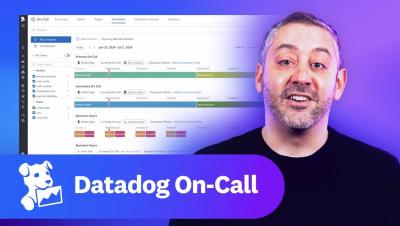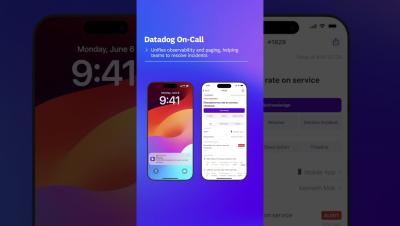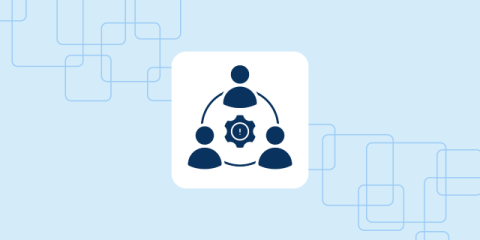Datadog On-Call, Code Analysis & More - This Month's Updates! #Observability #opentelemetry
On This Month in Datadog, we’re bringing you a bonus episode to spotlight Datadog On-Call, which is now generally available, and covering other updates, including the general availability of Code Analysis and our expanded integration with Pinecone.










